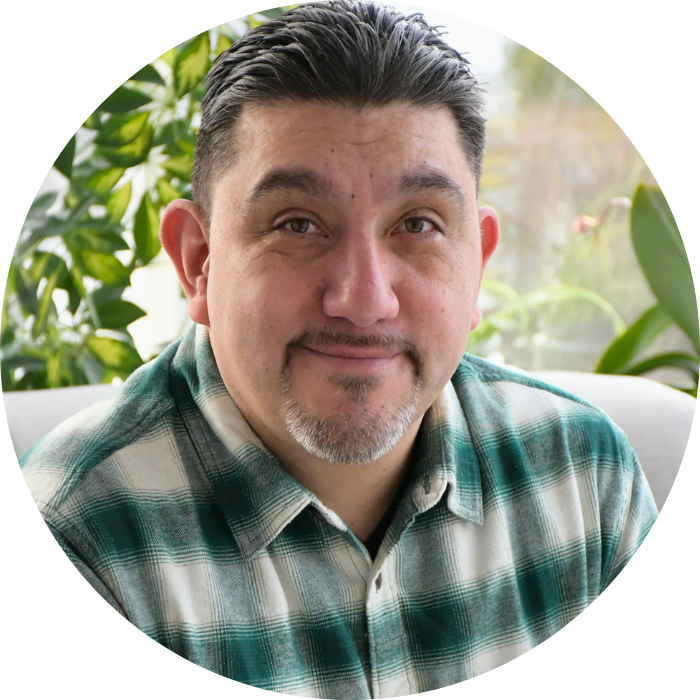Trauma, PTSD and C-PTSD
Trauma can happen to anyone and can cause significant distress and disruption. Trauma can come from “Big T Trauma” events like war or assault, and it can also come from “small t trauma” events like medical challenges, relocation, or accients that were just barely avoided. The majority of our practitioners are The Growth & Wellness Therapy Centre work with trauma, and we can support you however you need - through debriefing, processing or problem solving.
What is Trauma?
Trauma is when we experience some type of event that our brain and / or body perceives to be very distressing, frightening, disturbing, life-threatening or stressful. It could be something that happens one time (like a car accident) or something that happens on an on-going basis (like abuse or neglect). What is traumatic for one person isn’t always traumatic for another person, and there are different types of trauma that can impact people in different ways. If you feel like you’ve been through an experience that you can’t let go of, or that continues to cause distress or disturbance in your life, you may benefit from trauma therapy.
What is the Difference Between PTSD and C-PTSD?
Post-Traumatic Stress Disorder (PTSD) and Complex-PTSD (C-PTSD) are diagnoses people may receive after experiencing traumatic event(s). While PTSD usually comes from a single incident trauma (think of a car accident, or a traumatic birth), C-PTSD tends to develop because of chronic or repeated trauma (think of on-going abuse, bullying, or victims of kidnapping).
Both PTSD and C-PTSD can result in the development of disrupting symptoms such as feeling on edge, re-experiencing or flashing back to the event, dissociation, avoiding people or places that remind you of the event, and feeling disconneted or distant from other people. If you are struggling with any of these things, regardless of if you have a diagnosis or not, you can reach out to our office for support and we will support you through it.
What Does “Trauma-Informed” Mean?
On some practitioner profiles you might see the words Trauma-Informed, trauma-informed care or trauma-informed practice. This means that though the practitioner doesn’t have specified training in processing trauma, they understand and incorporate into their practice an understanding of how trauma works and how it can impact a person. It’s a shift from focusing on “What’s wrong with you?” to “What happened to you?”
Types of Therapy and Support
Therapy for trauma will be customized based on what you need want from therapy. Each clinician will have their own approach to dealing with trauma, but some of the approaches you might experience at The Growth & Wellness Therapy Centre include:
Eye Movement Desensitization and Reprocessing Therapy (EMDR)
Cognitive Processing Therapy (CPT)
Internal Family Systems (IFS)
Somatic Experiencing
Accelerated Experiential Dynamic Psychotherapy (AEDP)
Cognitive Behavioural Therapy (CBT)
Dialectical Behavioural Therapy (DBT)
Narrative Therapy
Play Therapy
Sandtray Therapy
Working with a Clinician
Our office has a number of professionals who work with trauma, who you can view below. Once your practitioner has met with you and completed their assessment they will make a plan with you to address the symptoms or causes that may be negatively impacting your life. Therapy is most effective when there is a strong connection between the therapist and client, and because of that we encourage you to meet for consults with as many clinicians as you need to ensure the best fit.


















